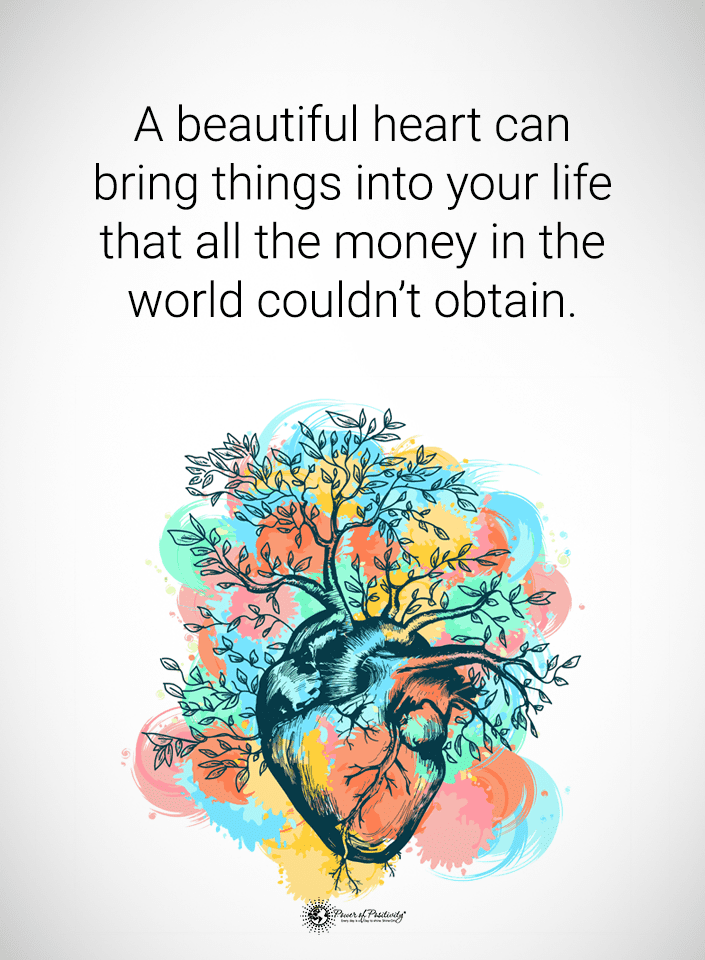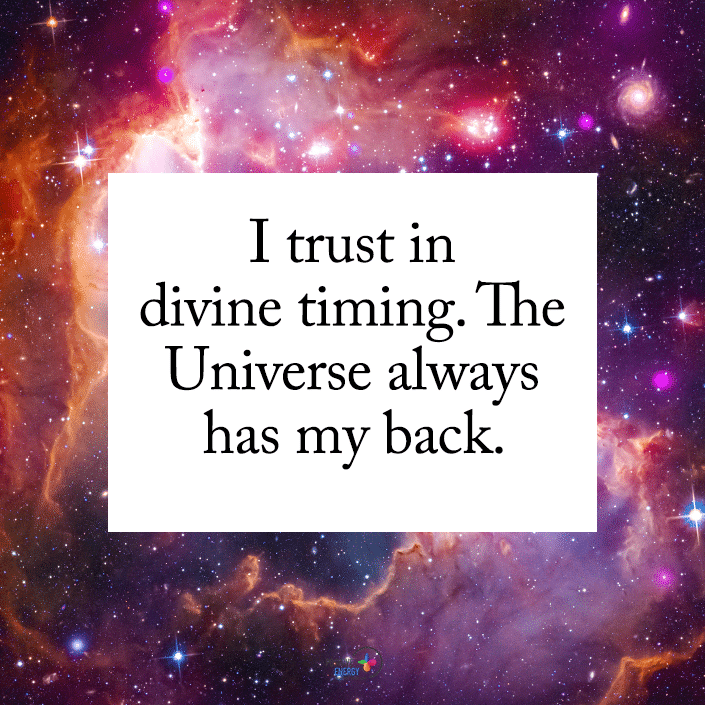Here’s why it’s important to have patience with a Cancer.
Astrology is like a mirror, reflecting our deepest traits and tendencies through the lens of the stars. Among the zodiac, Cancer—the sign of the Crab—stands out as a unique puzzle. Born between June 21 and July 22, those under this sign are known for their intense emotions and intricate personalities. But what sets Cancer apart and makes it a fascinating enigma? The answers are as diverse and layered as the individuals themselves.
Cancer is characterized by its profound sensitivity and emotional depth, heavily influenced by its ruling planet, the Moon. This celestial body governs feelings and hidden depths, explaining why Cancerians often seem like a whirlwind of complex emotions. These traits can be puzzling to outsiders, making Cancers seem unpredictable and hard to read. However, understanding this sign can bring you the richness of their character and the power of their emotional intelligence.
Emotional Depth and Sensitivity
One of the most defining characteristics of Cancer is its emotional depth. Governed by the Moon, this zodiac sign experiences emotions that can change as quickly and profoundly as the lunar phases. This intense emotional variability can sometimes make Cancers seem overwhelming or excessively sensitive to those not familiar with them.
Cancerians are not just more in tune with their emotions. Instead, they feel things more deeply than other signs might. This profound sensitivity allows them to experience both their own emotions and the emotions of others with remarkable intensity. This trait enables empathy and compassion. But it also means that Cancers can be easily hurt or overwhelmed by negative environments or emotional conflict.
This deep emotional connection can lead to misunderstandings. For instance, the Crab’s mood might shift dramatically in response to a subtle change in their environment or the emotional tone of a conversation. These shifts can appear unprovoked or disproportionate to an outsider, but for Cancer, they are a natural response to the ever-changing emotional landscape they navigate daily.
The challenge in understanding Cancer lies in recognizing that its emotional responses, though intense, are genuine and deeply felt. These feelings are not overreactions but reflect the world’s impact on its sensitive psyche. Embracing this aspect of Cancer can lead to a deeper appreciation of its emotional insight and a better understanding of how to interact thoughtfully and sensitively. It requires patience and understanding.
Cancer Has an Intuitive Nature
Cancers are renowned for their intuition, often able to discern subtleties in behavior and environment that others might miss. This intuitive nature is intertwined with their emotional depth, enabling them to sense undercurrents and unspoken feelings accurately. While this can be a complex trait, it also adds to the depth of their character, making them seem unpredictable or even secretive to those who don’t grasp the basis of their intuition.
This intuition is not just about picking up on emotions; it often extends to their decision-making processes. Cancers rely on their gut feelings when making choices, sometimes disregarding more logical or conventional reasoning. It can make their actions appear mysterious or inexplicable to others, especially in a professional setting where rational decision-making is often prioritized.
Moreover, Cancer’s intuitive nature can lead them to withdraw into themselves. They might pull away from people or situations where their feelings and perceptions are not understood or valued, which can be misinterpreted as moodiness or standoffish behavior. While essential for their emotional well-being, this self-protection mechanism can create barriers to understanding them fully.
Understanding a Cancer’s intuition requires patience and openness. It’s about recognizing that their perceptions are often drawn from a deep well of emotional intelligence and not dismissing their intuitive insights as mere whims. When their intuitive abilities are acknowledged and respected, Cancers can be profound advisors and compassionate friends, guiding others through turbulent and tranquil waters with their innate understanding of the human heart, which is a unique and valuable perspective.
Cancer Means Having a Protective Instinct
Cancers are often symbolized by the Crab, an animal that carries its home on its back and can retreat into its shell at any sign of danger. This imagery perfectly encapsulates Cancer’s protective instinct, not just towards themselves but also towards the people they care about. Their instinct to protect is rooted in their profound sense of home and family, which governs their actions and emotional responses.
This protective nature often manifests as a desire to keep loved ones safe and comfortable, which can be a wonderful trait. However, it can also lead to cancers being overly cautious or seemingly overbearing. For example, a Cancer might discourage loved ones from taking risks, not out of a desire to control but from a deep-seated fear of potential harm. It can be misinterpreted as possessiveness or an inability to let go when it manifests their caring and concern.
Moreover, Cancer’s protective instinct can make them appear secretive or even deceptive. They tend to guard their feelings closely, revealing them only in environments where they feel safe and secure. To those not in their inner circle, this can make Cancer seem elusive or hard to get to know. They are often accused of being moody or temperamental, but this is typically a result of their complex interplay of protectiveness and emotional depth.
One must recognize its underlying vulnerability to truly understand and appreciate Cancer’s protective nature. Cancer’s actions are often a preemptive defense against the emotional hurt they fear might come from misunderstanding or neglect. Viewing Cancer through this lens can help demystify its behaviors and deepen the connection with it, revealing a tender and fiercely loyal heart.
Desire for Security and Fear of Vulnerability
Cancer’s personality reveals a need for security and stability. These elements are crucial to their well-being as water is to the Crab that symbolizes them. This desire spans all aspects of their lives, from emotional and financial security to the stability of their relationships and living environments. This inherent need drives many of Cancer’s actions and decisions, often more deeply than they might openly admit.
The fear of vulnerability accompanying this need for security explains why it’s so difficult to understand them. They guard their hearts closely, wary of exposing too much to those who might not respect or understand their depth. It can lead them to build walls around their emotions, making them seem closed off or overly reserved. In relationships, this fear might prevent them from fully opening up, even to those they care deeply about, unless they feel completely safe.
Cancers’ reluctance to be vulnerable can also manifest in their reluctance to embrace change. They often prefer to stick with what is familiar and proven rather than venture into unknown territory, regardless of the potential benefits. It can be frustrating for friends, family, and colleagues who wish to see them grow and expand their horizons but find their cautious nature a barrier to new experiences.
Understanding Cancer’s need for security requires patience and a gentle approach. Encouraging them to share and be open without pushing too hard can help them feel secure enough to lower their defenses. It’s important to recognize that their cautiousness comes from a place of self-preservation and not from a lack of trust or affection. When Cancers feel supported and secure, their loyalty and commitment are unwavering, making all efforts to understand them deeply rewarding.
Complex Communication Style
Cancers are known for their nuanced and sometimes indirect communication style. This approach is deeply intertwined with their protective instincts and fear of vulnerability. They often choose their words carefully, preferring to hint at what they mean rather than stating it outright. This subtlety can be puzzling to those used to more direct communication, leading to potential misunderstandings or the impression that Cancer is being evasive.
This indirectness in communication often stems from their deep desire to avoid conflict and protect their emotional well-being. Cancers are highly sensitive to the reactions of others, and they may tailor their words to avoid upsetting anyone or triggering a negative response. While this can be seen as diplomatic, it can frustrate those who wish for more straightforward interactions.
Moreover, Cancers might use non-verbal cues to express their feelings or desires. They might withdraw, use body language, or change their tone of voice rather than verbalize their discontent or discomfort. Such behavior can seem confusing or passive-aggressive for those not attuned to these subtle signals. However, for Cancers, it’s often a way to communicate their feelings without exposing themselves to direct emotional harm.
Being observant and reading between the lines is crucial to better understanding and communicating with a cancer patient. Patience and a willingness to listen are also important. Cancers often reveal more in what they don’t say than in what they do. Encouraging an environment where they feel safe to express themselves openly can help bridge the gap between indirect hints and clear communication, leading to deeper and more meaningful interactions.
Family and Home Orientation Is Inherent with the Sign
Cancers have a profound connection to their family and home, the foundation of their identity and security. This orientation towards home and loved ones is not merely about preference but is an essential part of their emotional makeup. The comfort and safety of a familiar space allow Cancers to truly be themselves, free from the masks they might wear elsewhere.
This deep-seated need to be connected to their roots can sometimes be perceived as clinginess or an unwillingness to explore the world beyond their doorstep. However, it’s important to understand that for Cancers, home is not just a place but a state of being. It is where they recharge, find peace, and gather strength. Their commitment to family is often expressed through caring actions, deep involvement in family matters, and a desire to maintain and nurture family traditions.
Cancers often prioritize their family’s needs before their own. If unbalanced, this can sometimes limit their personal growth or lead to resentment. Their loyalty to family can also affect their relationships outside of this circle. Indeed, they prioritize family over everything else. That sometimes works to the detriment of their social and professional lives.
Appreciating Cancer’s family and home orientation requires recognizing the value they place on these aspects. Encouraging them to balance family commitments and personal and professional goals can help them grow while respecting their natural tendencies. When their family-oriented nature is understood and valued, Cancers can offer a rare depth of loyalty and caring.
Final Thoughts on Why Cancer Is Such a Perplexing Sign
Understanding Cancer can be challenging, given its complex blend of deep emotional sensitivity, intuitive insights, protective instincts, and strong family orientation. This zodiac sign’s traits are layered and multifaceted. It demands patience and a willingness to burrow beneath the surface to understand better. However, the effort to understand Cancer is not without its rewards.
Recognizing and appreciating the nuances of Cancer’s personality can lead to profoundly enriching relationships. Their loyalty, compassion, and depth of understanding make them invaluable friends, partners, and family members. The key to truly connecting with a Cancer is approaching them with empathy. That approach allows them to open up at their own pace and value the subtle cues they provide about their feelings and needs.
Cancer’s nuanced and sometimes indirect approach can seem puzzling in a world that often values forthrightness and decisiveness. Yet, this very complexity makes them unique and deeply human. Embracing this understanding can transform relationships and foster a greater appreciation for the emotional richness Cancers bring to our lives.
Anyone can uncover the reasons behind Cancer’s complexities with some patience. So, go ahead and accept the challenge of understanding this enigmatic sign. You will enrich your interactions with Cancers and deepen your emotional insights and empathic abilities.

















